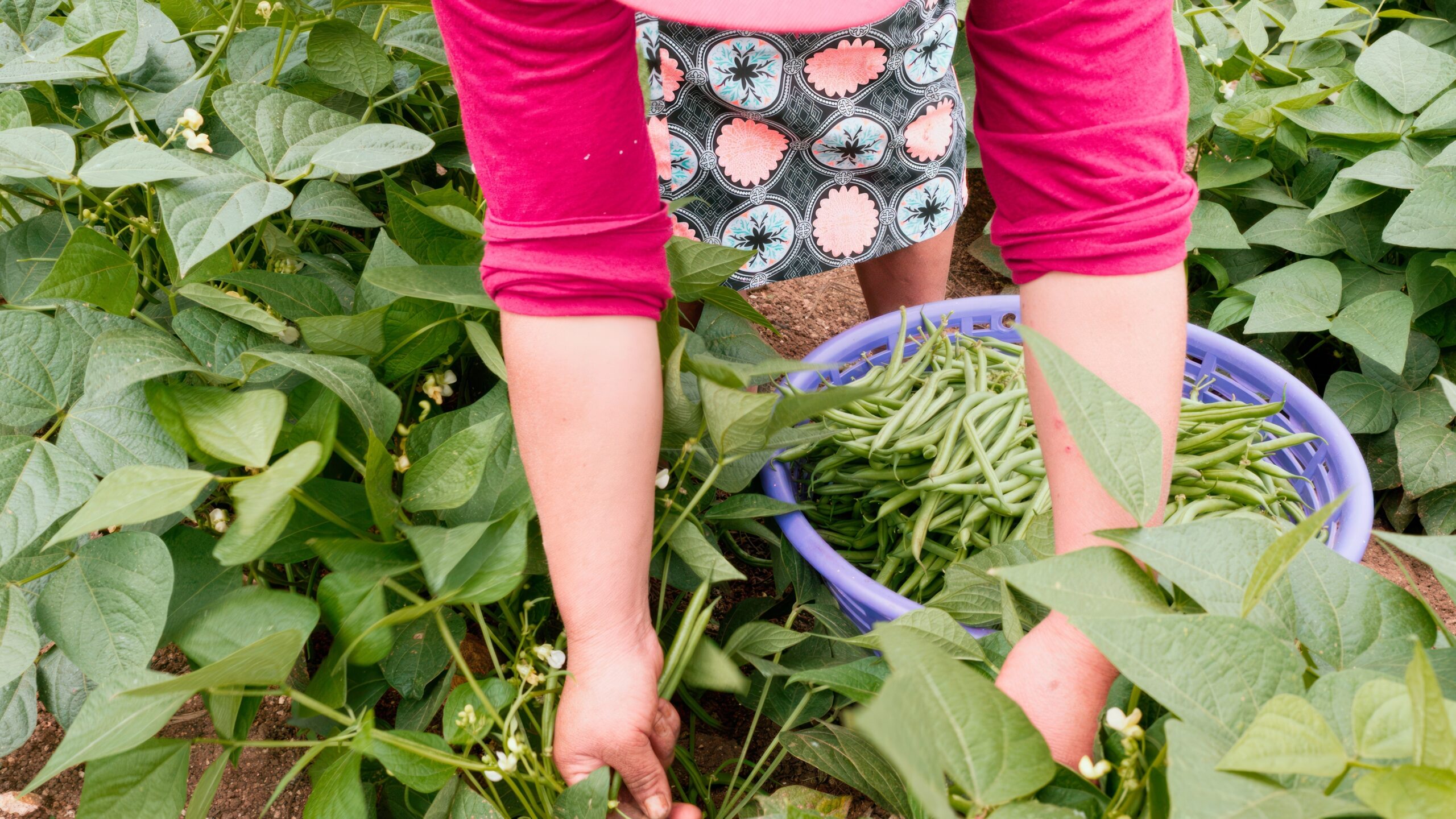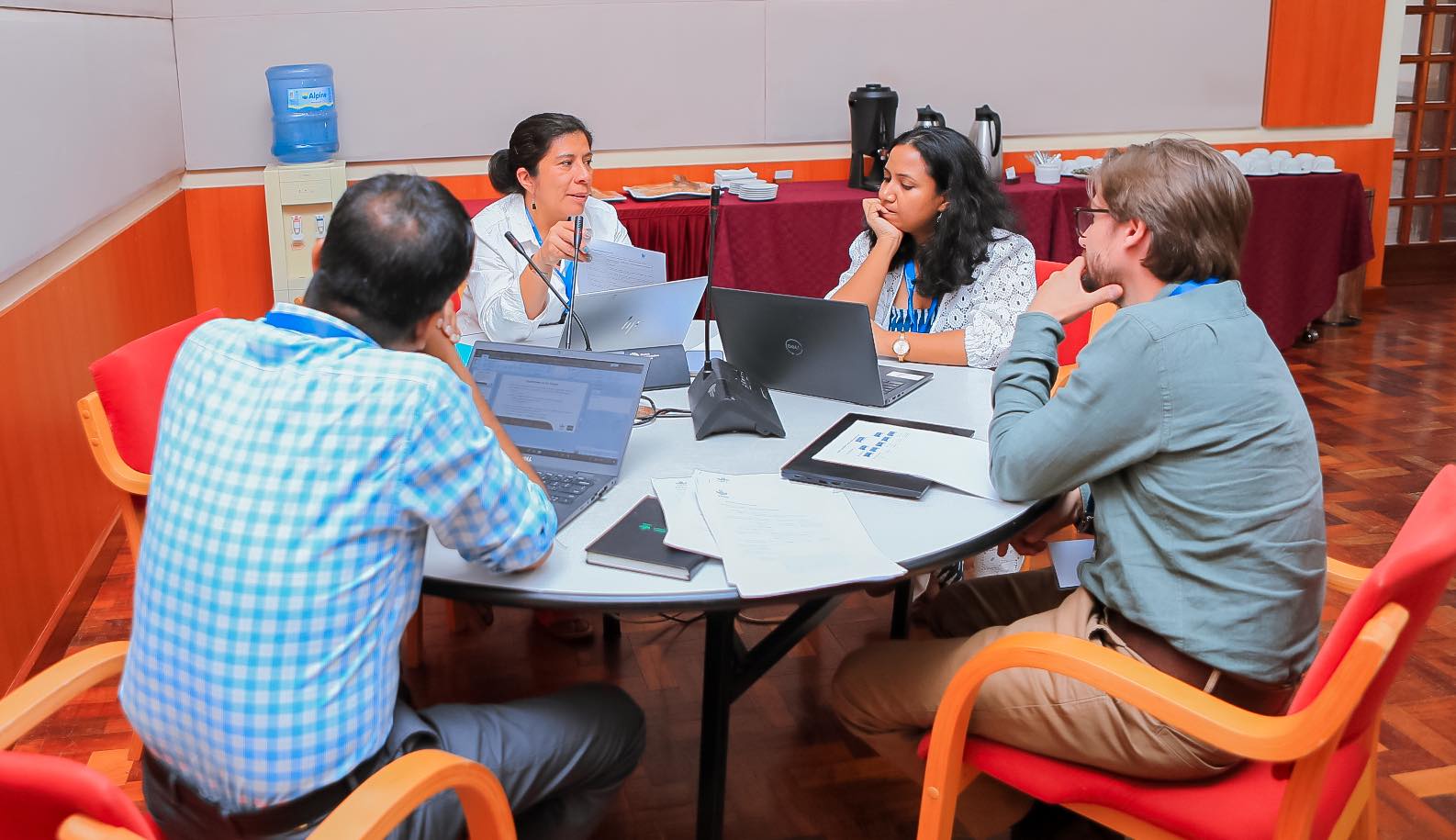Despite its transformation from a country of chronic food shortages to one of food self-sufficiency, Bangladesh still faces food-security challenges. This is the conclusion of a massive IFPRI-designed survey on agriculture, consumption, and nutrition in the country.
At a one-day workshop in Bangladesh held in January, policymakers and researchers gathered to discuss the survey results and options for next steps. Said Akhter Ahmed, the head of IFPRI’s work in Bangladesh, “How can you make policy that will shape the future if you don’t know exactly what’s happening in the present?”
The 2011-2012 Bangladesh Integrated Household Survey asked 6,500 households throughout Bangladesh for information on agricultural production and practices, education levels, employment, participation in safety net programs, migration, remittances, non-farm enterprises, women’s status, and food consumption and nutrition practices, among other topics. “This is the only nationally representative survey that gathers and analyzes information on the interrelated topics of agriculture, education, health and nutrition, rather than approaching these areas of concern piecemeal,” Ahmed explained.
Some highlights of the results:
- Almost 40 percent of people in rural Bangladesh live on less than $1.25 per day and 60 percent of that income is spent on food. In rural Bangladesh, 66 percent of the labor force makes their living in farming, and the vast majority of the farmers (81 percent) farm less than one and a half acres.
- There is little fallow land available, which means that future production increases in Bangladesh will have to come from higher yields. However, only 9 percent of farmers have consulted an extension agent in the last year to access information on production-boosting technologies and farming methods.
- Malnutrition is also severe in the country. More than 90 percent of rural Bangladeshis are not getting enough vitamin A. And iron deficiency— which can cause anemia and the risk of death in childbirth—is also very high, especially for women of reproductive age.
Next steps? Workshop participants suggested policy and research responses. For example, IFPRI Senior Fellow Claudia Ringler called for research to find new technologies and innovations to address flood-, drought-, and salinity-induced stress conditions and improved water conservation. IFPRI Postdoctoral Fellow Kaikaus Ahmad recommended improving farmers’ access to agriculture extension and institutional credit.
For more information on the workshop and the survey results presented, please see:http://southasia.ifpri.info/2013/04/17/workshop-the-feed-the-future-zone….
For a report on the full set of data, see:
http://www.ifpri.org/publication/status-food-security-feed-future-zone-and-other-regions-bangladesh-results-2011-2012
For a report on a subset of data related to the Women’s Empowerment in Agriculture Index, see:
http://www.ifpri.org/publication/women%E2%80%99s-empowerment-agriculture-index-weai-results-2011-2012-bangladesh-integrated
The dataset can be found here:
http://hdl.handle.net/1902.1/21266







